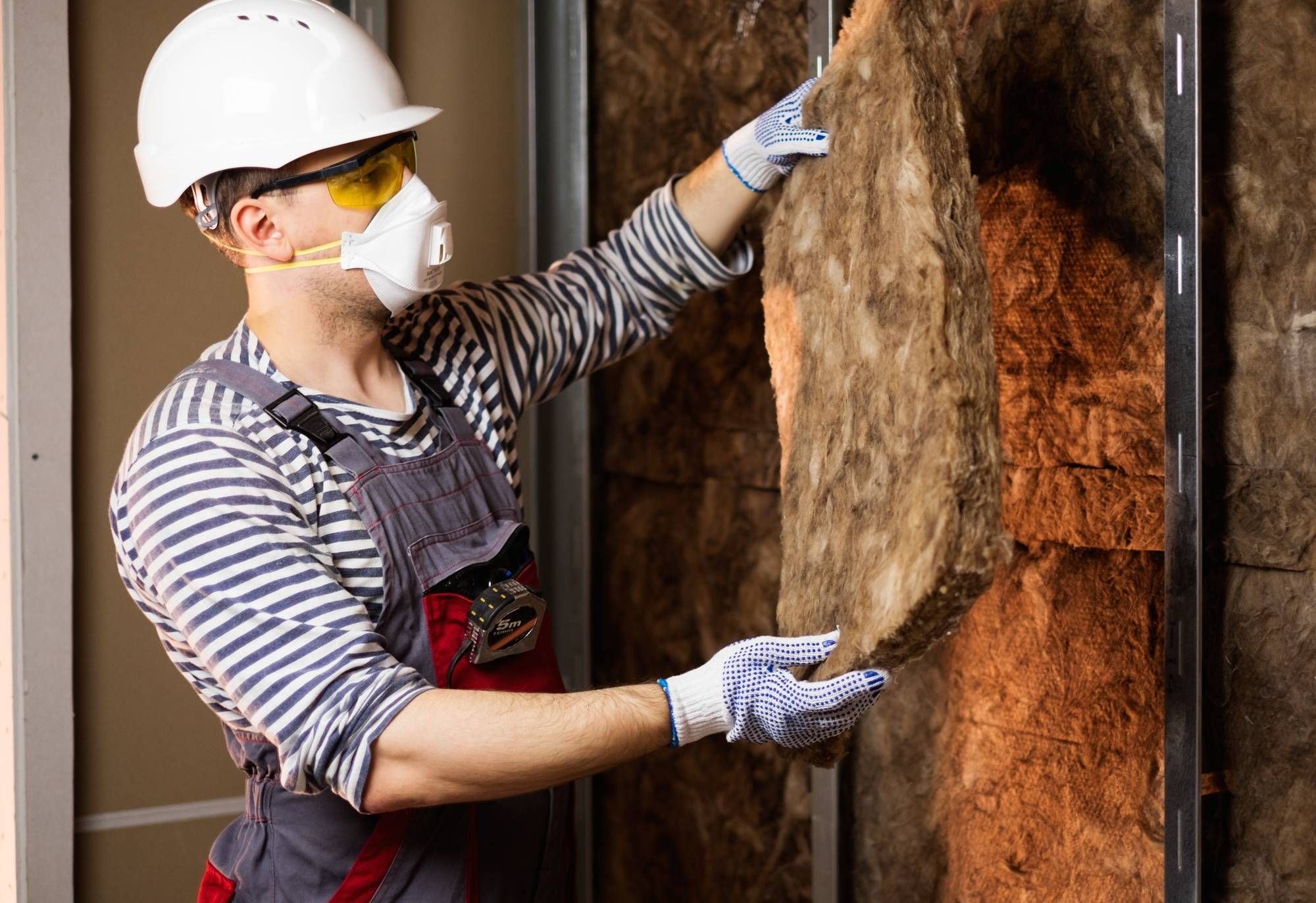Top Class Actions’s website and social media posts use affiliate links. If you make a purchase using such links, we may receive a commission, but it will not result in any additional charges to you. Please review our Affiliate Link Disclosure for more information.
A nonprofit organization concerned that relaxed asbestos regulations will place people’s lives at risk wants the U.S. Environmental Protection Agency (EPA) to halt exemptions for asbestos importers.
In a lawsuit filed Sept. 22, the Asbestos Disease Awareness Organization (ADAO) insists the EPA is obligated by the Toxic Substances Control Act to collect any and all information regarding asbestos in order to evaluate its risks. Other plaintiffs in the case include the American Public Health Association, Center for Environmental Health, Environmental Health Strategy Center and Environmental Working Group.
Asbestos is a known carcinogen that has been linked to the development of mesothelioma cancers, which start in the lining of an organ. The most common form is pleural mesothelioma, which begins in the lining of the lungs called the pleura. According to the Asbestos Disease Awareness Organization, almost 40,000 Americans die each year from illness caused by asbestos exposure. Another disease caused by the inhalation of asbestos fibers is asbestosis, which scars the lungs and causes shortness of breath.
“Nearly 70 countries have banned asbestos, yet imports and use in the U.S. continue,” said Linda Reinstein, president and co-founder of the ADAO, in a press release. “Government data has confirmed hundreds of metric tons of asbestos have been imported from Brazil and Russia for the chlor-alkali industry.”
The EPA tried to argue in a motion to the court that only speculative harm could be shown, but the ADAO rebutted by saying the denial of any information regarding the carcinogen is proof enough of harm. There is no level of asbestos exposure that is considered safe.
APHA Faults EPA Guidance on Asbestos Regulations
In June, the American Public Health Association (APHA) sent a letter to the Toxic Substances Control Act (TSCA) Science Advisory Committee on Chemicals at the EPA detailing issues taken with the EPA’s Draft Risk Evaluation on Asbestos.
APHA Executive Director Georges C. Benjamin, M.D. listed flaws he says exist in the EPA’s Risk Evaluation of Asbestos, including:
- Failure to include legacy uses of asbestos;
- Failure to address health problems other than mesothelioma and lung cancer;
- Failure to include the amphibole type asbestos;
- Failure to address exposure when disposing of asbestos;
- Using “inappropriate assumptions and incomplete evidence” in reaching conclusions.
The term legacy use refers to asbestos in products that are no longer manufactured, but exist in older buildings. Benjamin said the materials continue to place people at risk of asbestos exposure when they are in these old buildings, especially during building maintenance, remodeling or demolition.
Benjamin wrote that the EPA had tried to argue that the TSCA didn’t grant the EPA authority to assess risks of legacy asbestos, but the U.S. Court of Appeals for the Ninth Circuit rejected that argument. Benjamin said now the EPA says it will address and evaluate the dangers of legacy uses of asbestos at a later time, but that “APHA has no confidence that EPA will do so.”
Science Advisory Committee on Chemicals Offers Criticism

The SACC reviewed the EPA’s draft risk evaluation on asbestos regulations and the potential harm of asbestos exposure.
“Overall, EPA’s environmental and human health risk evaluations for asbestos was not considered adequate and results in low confidence in the conclusions,” wrote the SACC in its executive summary.
The SACC went on to indicate that the EPA offered only a limited view of the extent of asbestos exposure experienced by the American public and workers.
The Asbestos Regulations Lawsuit is Asbestos Disease Awareness Organization et al. v. U.S. Environmental Protection Agency et al., Case No. 3:19-cv-00871, in the U.S. District Court for the District of Northern California.
Join a Free Asbestos Mesothelioma Class Action Lawsuit Investigation
Do YOU have a legal claim? Fill out the form on this page now for a free, immediate, and confidential case evaluation. The attorneys who work with Top Class Actions will contact you if you qualify to let you know if an individual asbestos lawsuit or asbestos class action lawsuit is best for you. [In general, asbestos mesothelioma lawsuits are filed individually by each plaintiff and are not class actions.] Hurry — statutes of limitations may apply.
ATTORNEY ADVERTISING
Top Class Actions is a Proud Member of the American Bar Association
LEGAL INFORMATION IS NOT LEGAL ADVICE
Top Class Actions Legal Statement
©2008 – 2024 Top Class Actions® LLC
Various Trademarks held by their respective owners
This website is not intended for viewing or usage by European Union citizens.
Get Help – It’s Free
Join a Free Asbestos Mesothelioma Class Action Lawsuit Investigation
Fill out the form below to find out if you qualify for this mesothelioma lawsuit investigation.
If you qualify, you will be contacted by the experienced asbestos attorneys within one business day by phone and/or email.
Oops! We could not locate your form.












